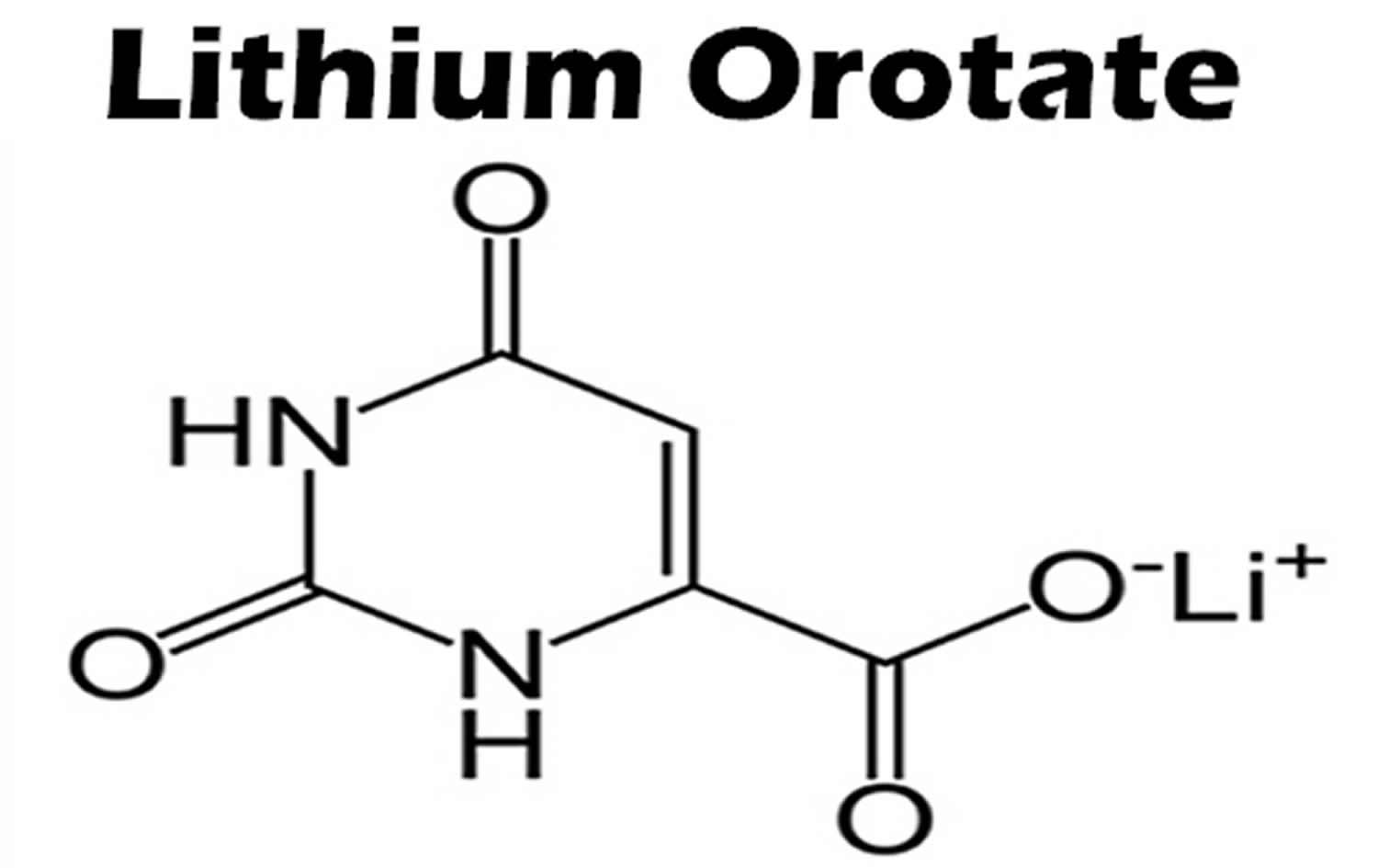
Lithium Orotate As Alternative To Lithium
Lithium (Li2CO3) is considered to be the standard of pharmaceutical treatments for mood disorders like bipolar disorder.
-
Lithium is also associated with a range of adverse side effects. These side effects encompass various bodily systems, including renal (kidney), gastrointestinal, neurological, thyroid, metabolic, cognitive, dermatological, cardiologic, and sexual aspects. Among these side effects, interstitial nephropathy (kidney damage) stands out as a significant concern, especially when lithium therapy is continued over extended periods, typically beyond 10-20 years.
-
It’s noteworthy that adverse effects can manifest with the first dose of treatment, while others may emerge at any point during maintenance therapy. Due to these potential side effects and individual variations in response, not everyone benefits from lithium therapy, and some individuals may be intolerant of the side effects.
-
Given these considerations, researchers and healthcare practitioners are actively exploring alternative treatments for individuals who do not respond to lithium (known as lithium-resistant patients) or who experience intolerable side effects. An intriguing alternative is lithium orotate (LiC5H3N2O4), which has garnered attention for several reasons.
-
Firstly, studies have suggested that lithium orotate may lead to higher brain lithium concentrations when compared to lithium carbonate (Li2CO3), the conventional form of lithium used in treatment. This suggests that lower doses of lithium orotate may achieve therapeutic effects while potentially reducing the risk of certain side effects.
-
Furthermore, the orotic acid component of lithium orotate may provide additional benefits, such as antioxidant properties, which could be advantageous in mitigating oxidative stress associated with bipolar disorder.
-
In essence, while lithium remains the treatment of choice for bipolar disorder and is effective for many individuals, the search for alternative compounds like lithium orotate continues. The goal is to enhance treatment efficacy, reduce side effects, and offer more tailored options to individuals with mood disorders, ultimately improving their overall quality of life. As naturopathic doctors, we are dedicated to exploring such alternatives and personalized approaches to mental health care.
https://www.ncbi.nlm.nih.gov/pmc/articles/PMC9867198/